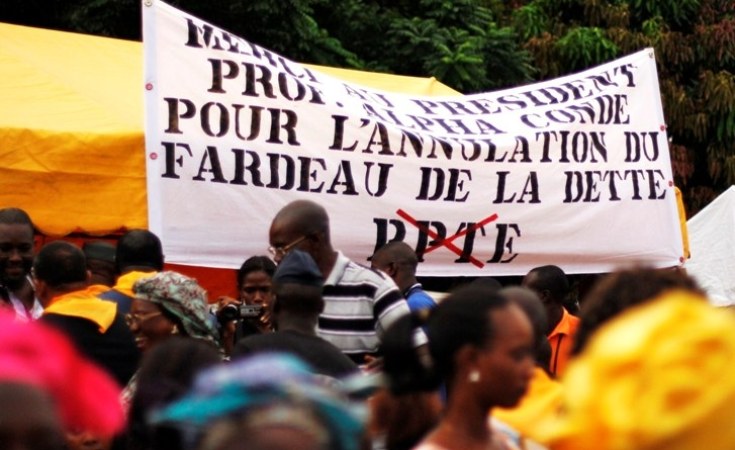In recent weeks, Guinea's President Alpha Conde and the opposition have failed to resolve differences over the conduct of the legislative elections set for July 8.
Opposition groups have repeatedly maintained that elections must be preceded by the reconstitution of the electoral commission, to allow for greater opposition representation, and an audit and update of the voters' register.
The government, on the other hand, has been adamant that this is unnecessary as the parties were consulted when the commission was set up. A mediation committee chaired by Archbishop Albert David Gomez failed to bring both sides together, with the result that the government has decided to proceed with the elections unilaterally.
Although the issues on the table appear quite straightforward, the lack of an agreement is largely due to the growing distrust between both sides. Both are highly suspicious of each other and seek to exploit even the most minute issues to their own electoral advantage.
The impasse has been costly for Guinea.
The bickering distracts President Alpha Conde from addressing and delivering the much-needed basic amenities that Guinea's impatient populace demands. Most donors are reluctant to deliver on their promises until the elections are held and there is a semblance of stability.
There is also a likelihood that the political imbroglio will accentuate old fault lines, creating a risk of violence and instability, a scenario that Guinea can least afford.
Both parties are approaching these issues intent on improving their political fortunes rather than what is best for Guinea. The lines of argument justifying their positions can be unassailable theoretically, but their inability to compromise and find middle ground shows a propensity to promote party above national interest.
In a fragile democracy like Guinea's, politics should be about compromise. It is important to find ways and means to protect party interest without compromising national stability and the quality of elections.
On the one hand, Guinea's government needs to understand the importance of ensuring the success of the electoral process. Any boycott of the elections by the opposition will deal a fatal blow to the credibility of the elections and undermine the stability of democracy, so working with the opposition is the government's only option.
The idea that the opposition is integral to the success of the transition process should encourage the government to make the uncomfortable decisions needed to assuage their concerns. It will need to make a greater effort to restore trust and shore up its credibility in the eyes of the opposition. It must submit itself to the negotiating platform of the Mediation Committee and respect its decisions.
On the other hand, opposition parties need to seek solutions through dialogue and not on the streets of Conakry. The focus should be on finding the necessary middle ground to restart the dialogue. There is no other way to address this impasse.
The opposition must not seek to sabotage the process at every turn. They have to put Guinea first, even if it will be costly in the elections.
Opposition leader Cellou Dalein Diallo made an important concession by accepting the results of the presidential elections even though he stated that the Supreme Court did not take into account all his party's complaints about irregularities. Such magnanimity needs to be continued.
With political leadership faltering, civil society should rise to the challenge of providing alternative direction and options for conflict resolution. It needs to come together and articulate common positions that can be presented to the mediation committee. It is also important for them to put pressure on both government and opposition to talk.
For its part, the international community should not sit on the fence.
Diplomats should nudge the parties forward to prevent the situation from degenerating.
There can be no winners on one side and losers on the other. Guineans can only win or lose together. After a checkered history of social turbulence and political instability, the country has an opportunity to reposition itself on a path of political and economic stability. All that is required to achieve this is for all groups to put the country first.
Udo Jude Ilo is the advocacy officer at the Open Society Initiative for West Africa.


